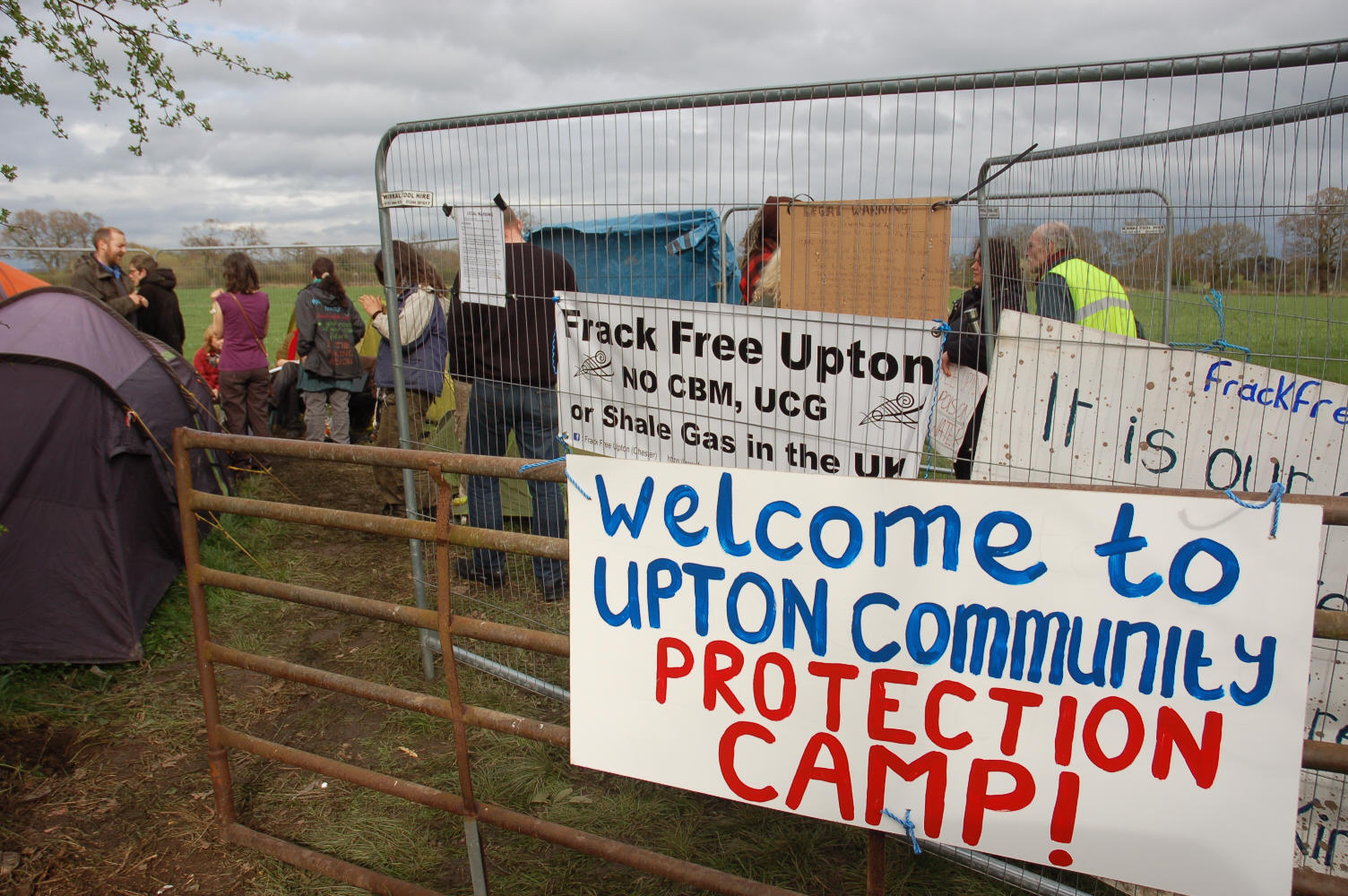Privacy watchdog ‘stonewalling’ over attempts to reveal number of anti-fracking protestors caught in ‘deradicalisation’ programme

Pic: Vertigogen (Flickr)
The privacy watchdog was accused this week of ‘stonewalling’ after having rejected a challenge to police forces refusing to release information about anti-fracking protestors referred to a ‘deradicalisation’ programme set up to thwart Islamist extremism.
The Network for Police Monitoring (Netpol), who claim there is no evidence to link the protestors to terrorism, requested information from five police forces in the North West of England for details of referrals made in the prior ten months to a scheme set up following the 7/7 attacks in 2005 as part of the government’s counter terrorism Prevent strategy. The ‘Channel’ programme is principally aimed at 15 to 24 year-olds reckoned to be vulnerable to being drawn into Islamist extremism. Netpol asked for the number of referrals made since January last year through Channel for individuals allegedly involved in anti-fracking campaigns.
Campaigners had contacted Netpol claiming to have been referred to the programme by the authorities at their own universities or colleges. The forces – Cheshire, Cumbria, Greater Manchester, Lancashire and Merseyside – replied that they would ‘neither confirm nor deny’ such information.
All forces issued almost identical responses saying confirmation or denial would reveal ‘operationally sensitive information about the scope of Prevent activities, resource allocation and prioritisation with regard to monitoring anti-fracking campaigns’. They went on to say that revealing such information would be ‘prejudicial to the maintenance of national security’ and providing the number of referrals would ‘disclose operational information far beyond that’. ‘If the information were held, confirming this would disclose that Prevent officers were targeting anti fracking events for extremist activities, and that maintaining a police presence at anti-fracking events was a Prevent priority,’ they said.
Netpol then made a complaint to the Information Commissioner’s Office in June pointing put that all forces responded with ‘standardised, almost identical’ responses that, in its view, ‘failed to properly consider the public interest in releasing the particular data we had asked for’.
The watchdog rejected the challenge. It agreed that confirming or denying such figures would be ‘useful intelligence to anyone wishing to circumvent counter terrorism arrangements surrounding fracking’ and would be ‘potentially damaging to the UK’s national security’. ‘This is because disclosure could indicate areas where the Prevent strategy is successfully operating and, conversely, anywhere it is not,’ it said. ‘… It would have the potential to highlight areas where activity may be escaping the notice of the police; such areas could then be viewed as potential ‘safe havens’ for those intent on radicalising others.
‘If the police claim an “extremist threat” linked to any movement, even where no evidence exists, this is apparently sufficient for the Information Commissioner to side with them and against transparency,’ commented Netpol’s coordinator Kevin Blowe. ‘We know UK freedom of information law is extremely weak when it comes to openness on law enforcement and national security. It seems, however, that even if we had asked about “counter-radicalisation” referrals relating to something as mainstream as, say, the Ramblers Association, we would still have been stonewalled. It was, after all, founded as the result of a mass illegal trespass.’
Netpol is considering an appeal.







